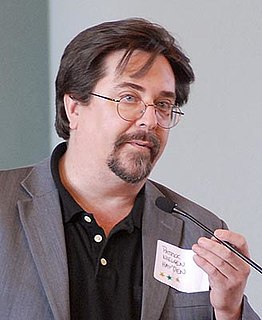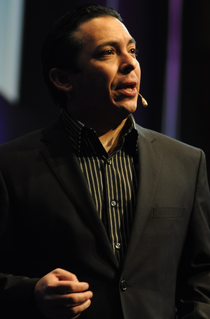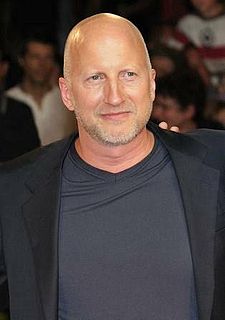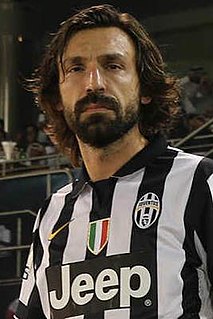A Quote by Walter Kirn
Since the founding of Facebook, Twitter, Instagram and other mainstays of what technology writers have come to call 'the social Web' or 'Web 2.0,' a sizable portion of humanity has learned to be together while apart, sacrificing intimacy for control and spontaneity for predictability.
Related Quotes
The largest issue with search is that we learned about it when the web was young, when the universe was 'complete' - the entire web was searchable! Now our digital lives are utterly fractured - in apps, in walled gardens like Facebook, across clunky interfaces like those in automobiles or Comcast cable boxes.
The web is more a social creation than a technical one. I designed it for a social effect - to help people work together - and not as a technical toy. The ultimate goal of the Web is to support and improve our weblike existence in the world. We clump into families, associations, and companies. We develop trust across the miles and distrust around the corner.
The open web is full of spam, shady operators, and blatant falsehoods. Outside of a relatively small percentage of high quality sites, most of the web is chock full of popup ads and other interruptive come-ons. It's nearly impossible to find signal in that noise, and the web is in danger of being overrun by all that crap.
Do you understand how there could be any writing in a spider's web?" "Oh, no," said Dr. Dorian. "I don't understand it. But for that matter I don't understand how a spider learned to spin a web in the first place. When the words appeared, everyone said they were a miracle. But nobody pointed out that the web itself is a miracle." "What's miraculous about a spider's web?" said Mrs. Arable. "I don't see why you say a web is a miracle-it's just a web." "Ever try to spin one?" asked Dr. Dorian.






































